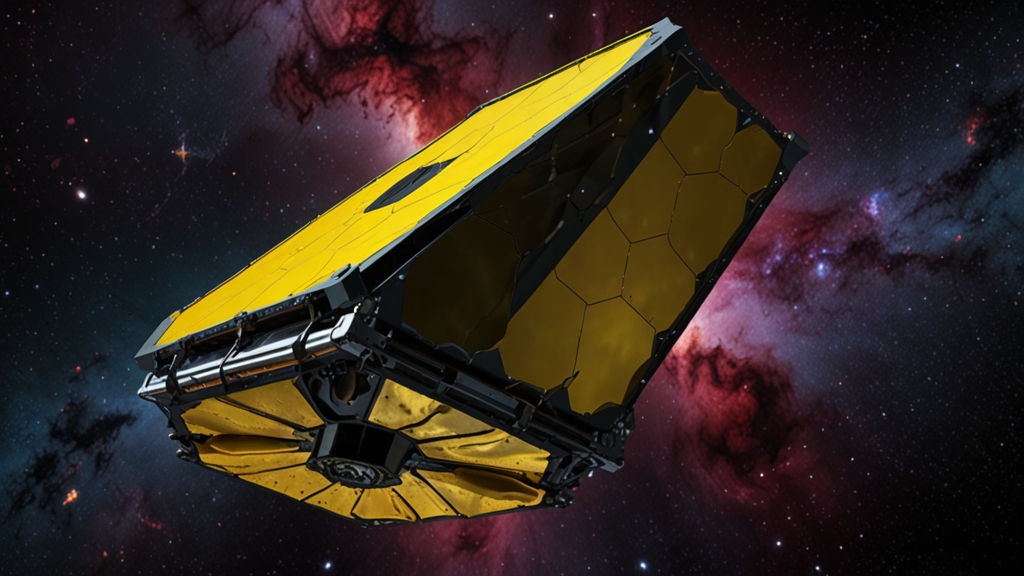10 Revelations That Will Challenge Your Worldview
In today's fast-evolving world, it’s easy to take some things for granted. Every now and then, we come across information that shatters our preconceived notions and opens doors to new understanding. Here are ten revelations that will fundamentally challenge your worldview and perhaps even alter your perspectives.
1. The Universe Is Expanding Faster Than We Thought
For years, scientists have known that the universe is expanding. However, recent studies show that this expansion is accelerating, not slowing down. This challenges the once-accepted idea that gravity would eventually slow the rate of expansion.
2. Human Memory Is Highly Fallible
Contrary to popular belief, human memory does not work like a video camera. Our memories are reconstructive and can be highly inaccurate. This revelation raises questions about the reliability of eyewitness testimonies and personal recollections.
“The human brain reconstructs memories by piecing together bits of information, which can sometimes lead to distortions and inaccuracies.”
3. Plants Can Communicate
New research reveals that plants are capable of more complex behavior than we ever imagined. They can send distress signals through their roots and even release chemicals to attract predators to fend off herbivores. This finding challenges our views on plant life and intelligence.
4. Animals Have Cultures Too
It was once believed that culture was a uniquely human trait. However, studies on primates, dolphins, and even birds have shown that animals have social learning and can pass down traditions within their groups. This forces us to rethink our place in the natural world.
5. The World’s Garbage Problem Is Worse Than We Thought
While we are aware of the pollution crisis, the extent of the problem is staggering. New research shows that microplastics have been found in the most remote corners of the earth, including the Arctic ice and deep ocean trenches. This revelation underscores the need for urgent action.
6. Free Will Might Be an Illusion
Recent neuroscience suggests that our decisions might be influenced by subconscious processes before we are even aware of them. This challenges the long-held belief in free will and has profound implications for our understanding of human behavior and responsibility.
7. Climate Change Is Affecting Weather Patterns Faster Than Predicted
While discussions about climate change are ubiquitous, new data indicates that its effects on weather patterns are happening more rapidly than scientists previously believed. This revelation calls for more immediate and robust global responses to mitigate climate change.
“The impacts of climate change are not just future threats but are manifesting in real-time, affecting millions of lives globally.”
8. The Deep Ocean Is Largely Unexplored
Despite advancements in technology, over 80% of the ocean remains unexplored. This uncharted territory could hold secrets about biodiversity, medicine, and even the origins of life. This revelation emphasizes the vastness of our planet’s mysteries.
9. Social Media Algorithms Shape Our Perceptions
It’s now clear that social media platforms use algorithms to curate the content we see. These algorithms can create echo chambers, reinforcing our existing beliefs and limiting exposure to diverse perspectives. This revelation challenges the notion of neutral information exchange online.
10. Reality Might Be a Simulation
One of the most mind-bending revelations comes from the field of theoretical physics and philosophy. Some scientists and thinkers propose that our reality might be a simulation created by an advanced civilization. While this is purely speculative, it raises profound questions about the nature of existence.
These ten revelations compel us to question and re-evaluate many of our fundamental beliefs. As our understanding of the universe and ourselves evolves, keeping an open mind and staying informed is essential for adapting to new paradigms. Whether through scientific discovery or philosophical inquiry, challenging our worldview can lead to greater wisdom and a deeper appreciation of the complexities of life.












